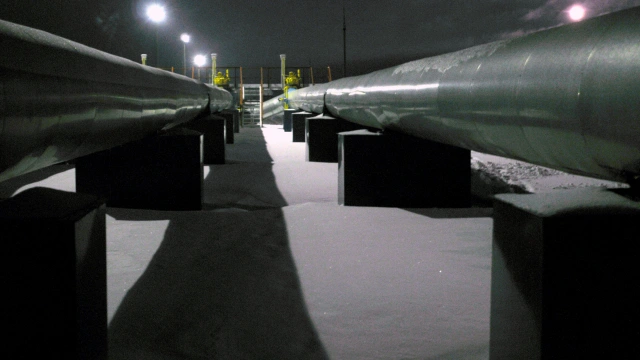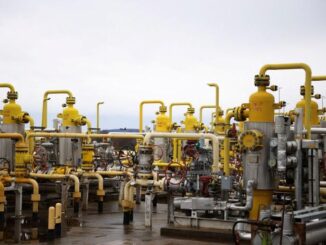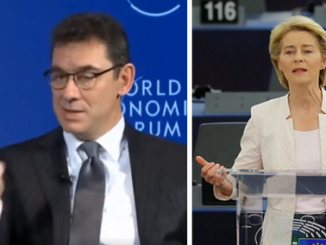
European Union (EU) energy ministers agreed on Monday to set a cap on natural gas prices, a temporary measure aimed at protecting citizens from excessive costs during winter.
The new regulation seeks to curb episodes of excessive gas prices that do not reflect world market prices while guaranteeing security of energy supplies and financial stability, the European Council said.
“We have succeeded in finding an important agreement that will shield citizens from skyrocketing energy prices,” Jozef Síkela, Czech minister of industry and trade, said in a statement.
“We will set a realistic and effective mechanism, which includes the necessary safeguards that will steer us clear from risks,” added Síkela, whose country currently holds the EU Council presidency.
The EU Council said the price cap will be activated if gas prices exceed 180 euros ($191) per megawatt-hour on the Dutch Title Transfer Facility — a primary European benchmark — for three working days and if they are 35 euros ($37) higher than a reference price for liquefied natural gas on global markets in the same period.
The price-cap mechanism is set to take effect on Feb. 15, 2023, and will apply for 20 working days once activated, the EU Council said.
The price ceiling is much lower than the 275 euro ($282) per megawatt cap proposed last month.
“With such a mechanism in place, Europe will be better prepared for the next winter season and for a new round of storage filling, which will be more challenging than it has been this year,” Kadri Simson, EU’s commissioner for energy, said Monday.
The EU Council’s decision comes amid an uncertain winter and is intended to “prevent the repetition” of a price surge this past summer, according to the European Commission.
Natural gas prices reached all-time highs in Europe during the second half of August, when Russian state-run energy company Gazprom shut down its main gas indefinitely.
“Once again, we have proved that the EU is united and will not let anybody use energy as a weapon,” Síkela said Monday.



